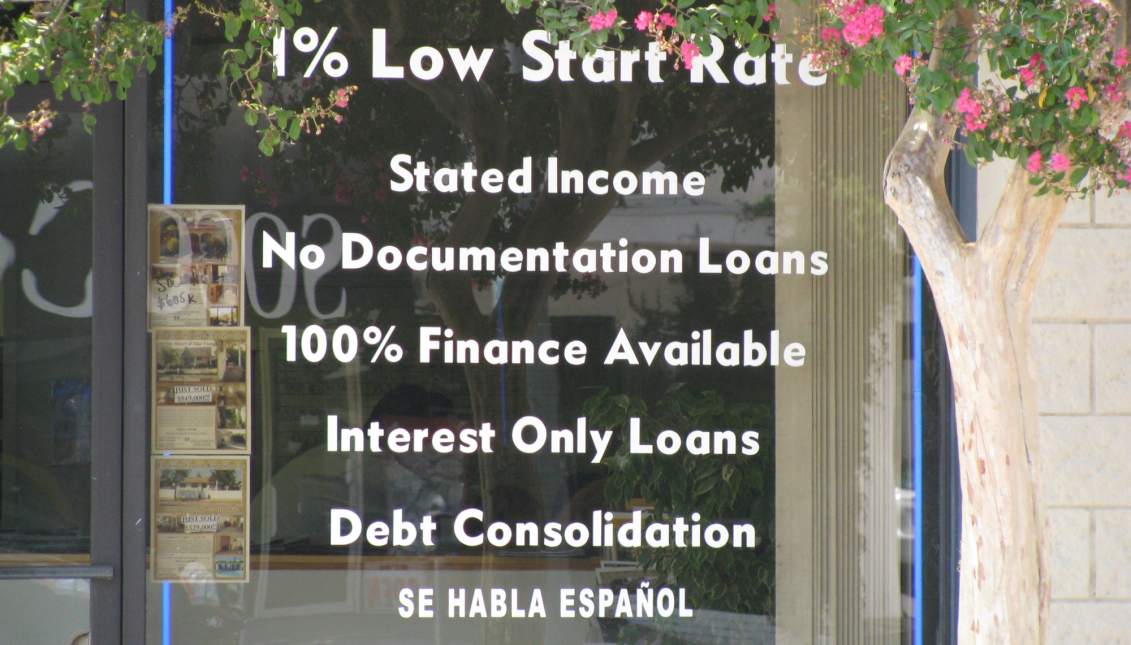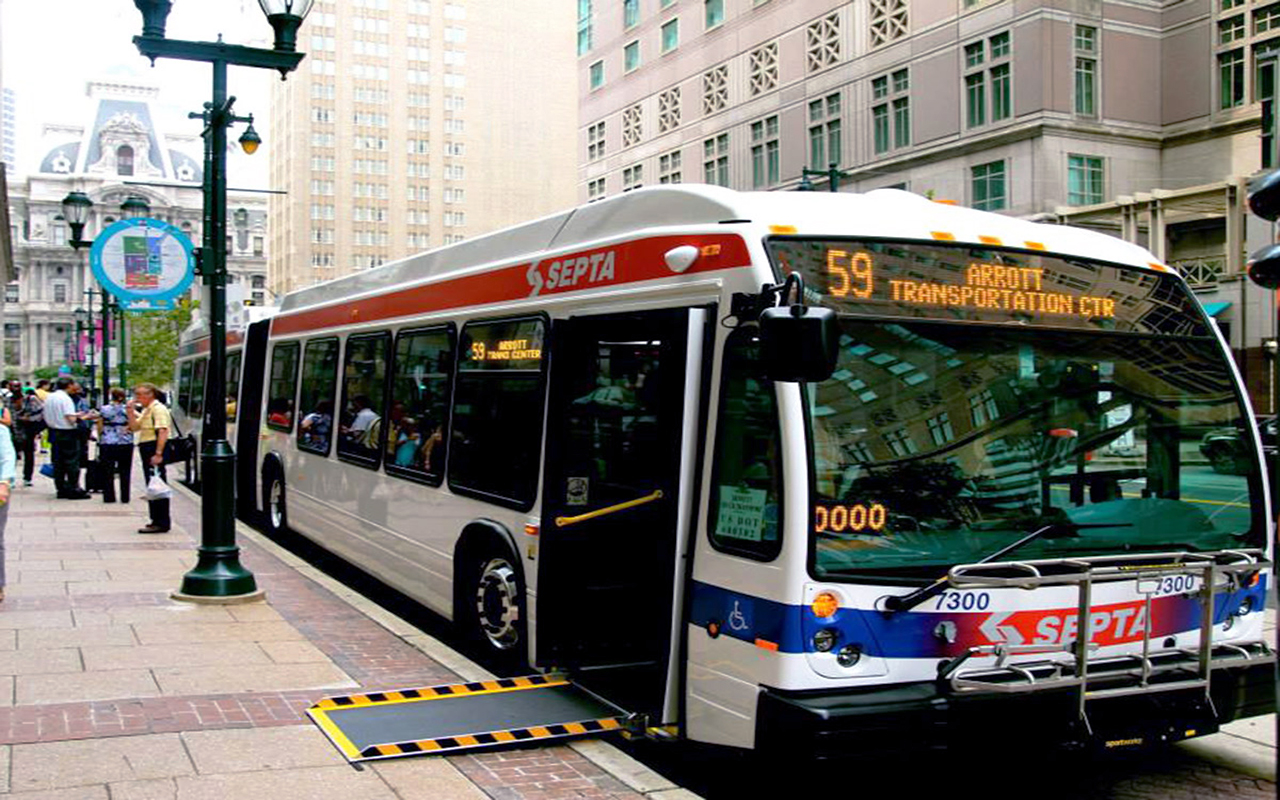
Blacks, Latinos targeted in a discriminatory auto loan scheme
Philadelphia City Council and its public advocate want people of color in Philadelphia to be aware they may have been targeted in a discriminatory auto loan scheme. Lance Haver, Director of Civic Engagement, issued an advisory October 13, alerting residents, and especially African Americans and Latinos, that car dealerships offering loans through Fifth Third Bank (Fifth Third Bancorp) charged thousands of minority applicants an average of $200 more in interest from 2012-2014.
The Equal Credit Opportunity Act prohibits lending discrimination based upon an applicant’s race, color, religion, national origin, sex, marital status, or age, or status as a welfare recipient.
Fifth Third offers what are known as indirect auto loans — rather than taking applications directly from consumers at a local branch, it makes most of its auto loans through car dealers. Indirect lenders quote dealers a credit risk-based interest rate called a “buy price,” and allow dealers to make a profit from loans by adding a dealer mark-up to the initial rate.
That’s not illegal, says Haver, unless it is done in manner which is discriminatory — and Fifth Third allowed lenders to add a percentage point or more interest to loans offered to African Americans and Latinos, splitting the profit between bank and car seller.
Indirect loans are typically taken by people with imperfect credit, who are often over-eager to accept financing offers and unaware they have alternatives. These buyers are “used to being taken advantage of,” and were targeted by dealers in the arrangement with Fifth Third, which Haver described to AL DÍA in an interview yesterday as “completely wrong [and] obscene.”
“I issued the notice because I was hired by the Council President to help the people of Philadelphia make the most of their limited resources,” he said.
Haver explained that car buyers frequently have no idea to whom their credit application is submitted. "This is not a bank you know you have a relationship with."
“The dealer will get an early commitment from a low-credit score applicant at say 7.5 percent [interest], knowing they will be able to secure financing, and allow the buyer to leave with the car before signing for a loan. Then they’ll contact the buyer and say ‘your credit’s just not good enough, we couldn’t get you 7.5, but we can get you a loan at 8.5 percent.” Often buyers are disinclined to renegotiate, believing the extra one percent not worth the inconvenience, or embarrassed to return a car already seen by family and friends. “If they would say ‘no thanks, I’ll bring the car,’ it would fall back to 7.5 percent,” said Haver.
“We live in a society where people who look like me [clean-cut white man with a mustache] go around and say we live in a ‘post-racial’ world,” he added in earnest, adding that Ally bank, another indirect lender, was recently fined $80 million for similar practices. Haver says it’s happening to marginalized demographics routinely all over the United States but is not on the radar of much of white America.
The bank has agreed to offer refunds and change its credit and lending policies, after a lawsuit filed by the Consumer Financial Protection Bureau (CFPB) and the Civil Rights Division of the Department of Justice (DOJ) led to a consent decree and an agreement to a settlement.
Specifically, Fifth Third has agreed to change the way it prices its loans by limiting dealer markup. It must also improve its monitoring and compliance systems, and regularly report to the DOJ and the CFPB on the results of its efforts as well as discuss potential ways to improve results.
Havey encouraged potential victims to file a complaint with the CFPB, “so we can keep track of where the complaints are coming from,” and then to “make sure you open every letter from the car loan company — information regarding the refund should be mailed to you.”
Kenneth Lipp is a journalist in Philadelphia and editor of the local news site PhillyDeclaration.org.








DEJE UN COMENTARIO:
¡Únete a la discusión! Deja un comentario.